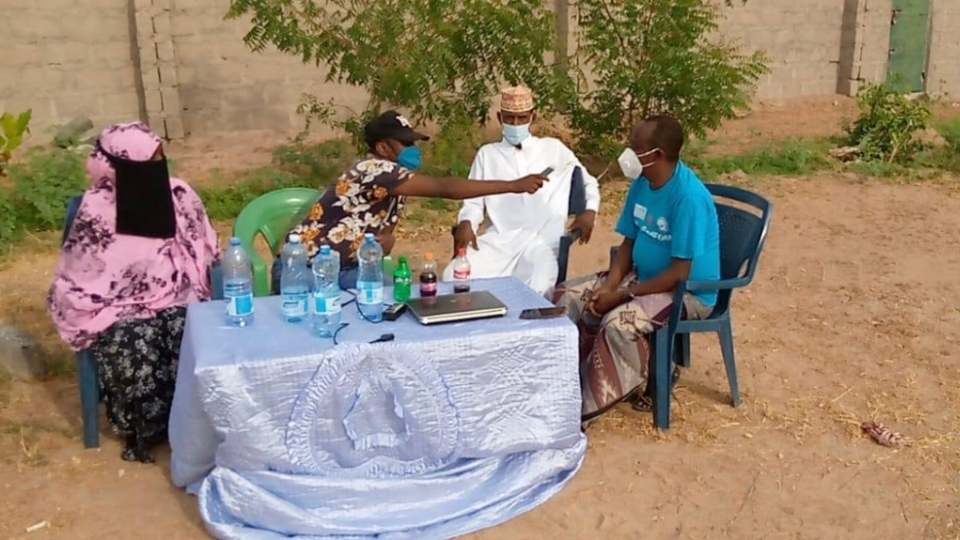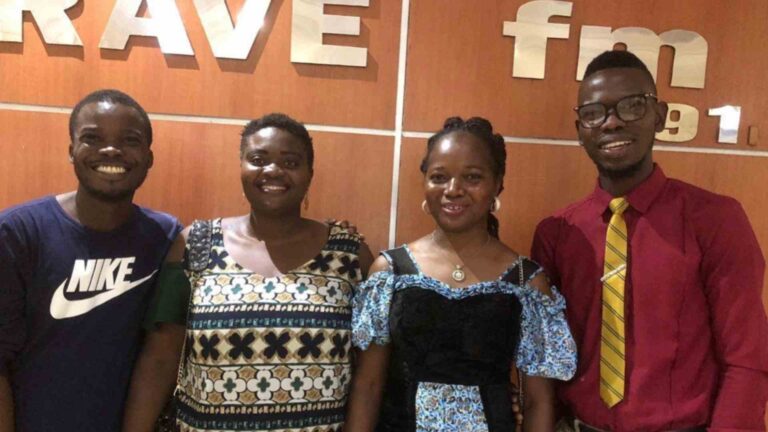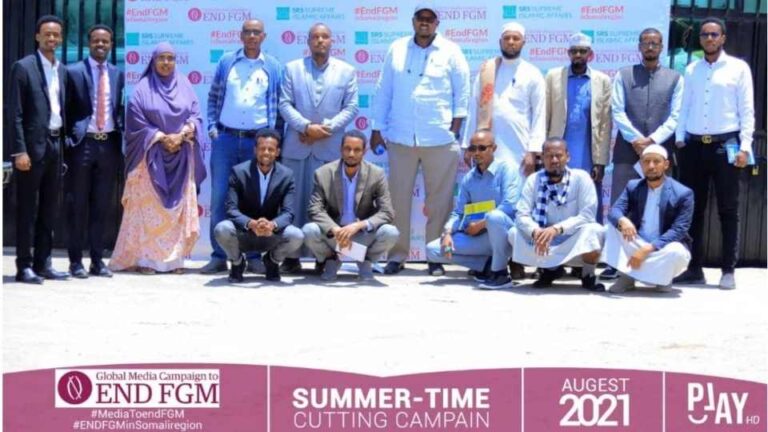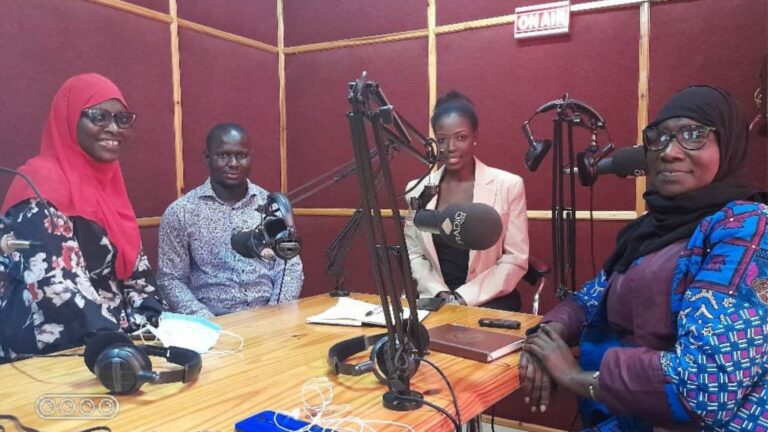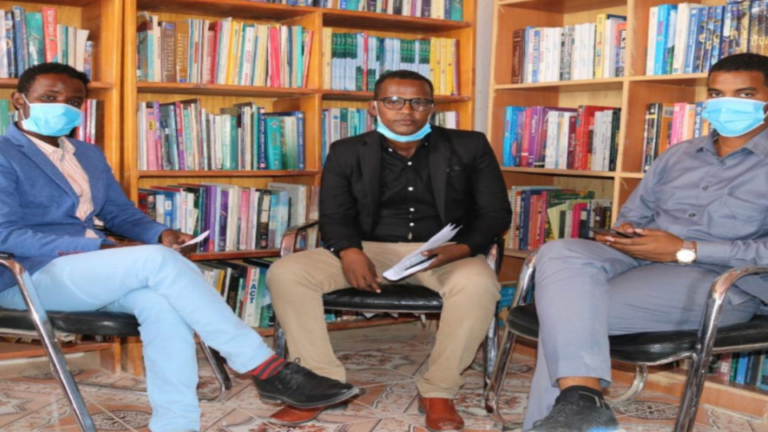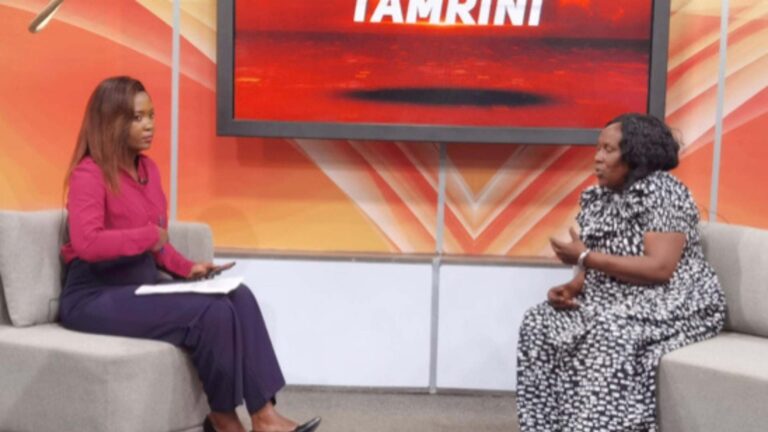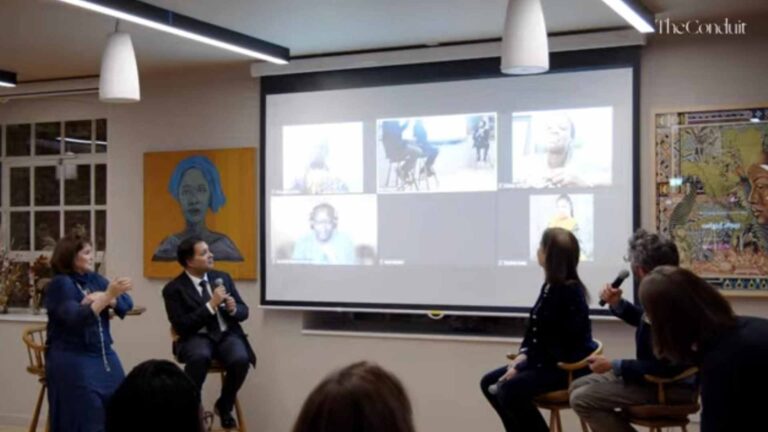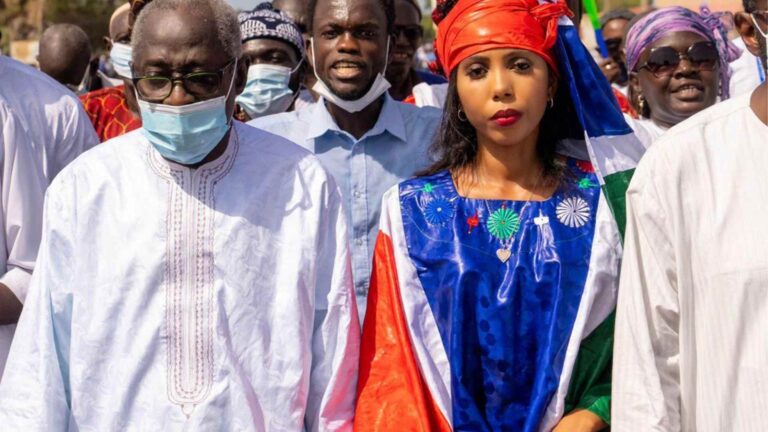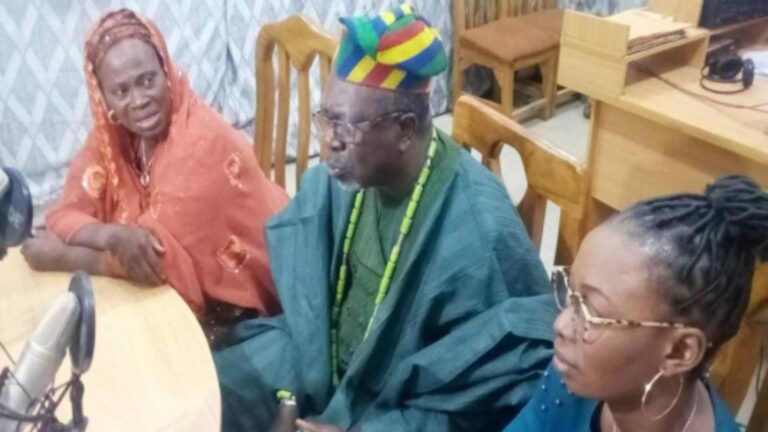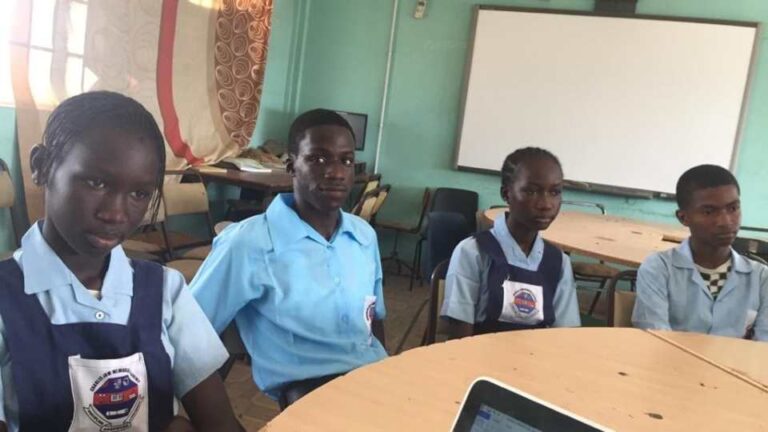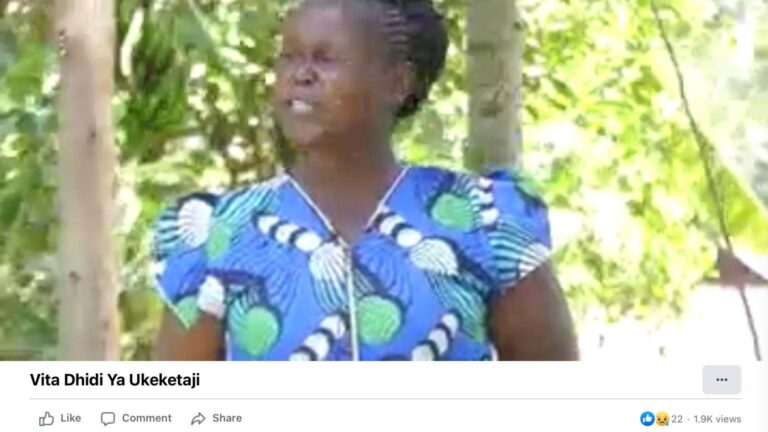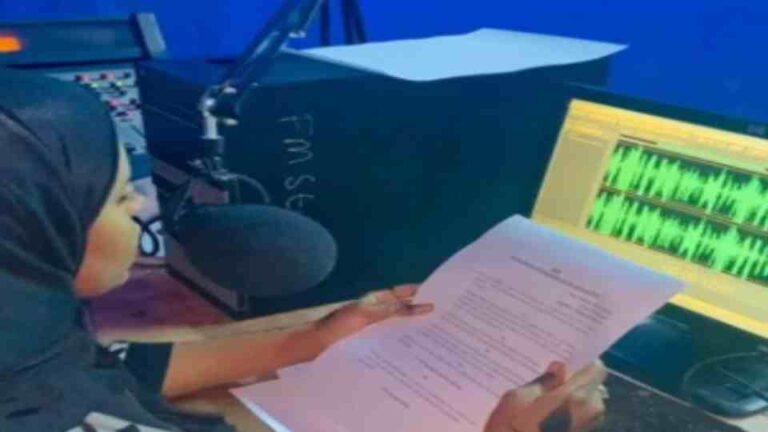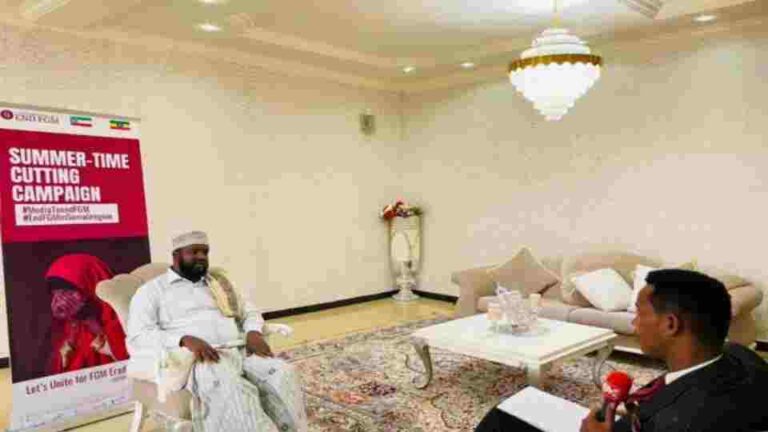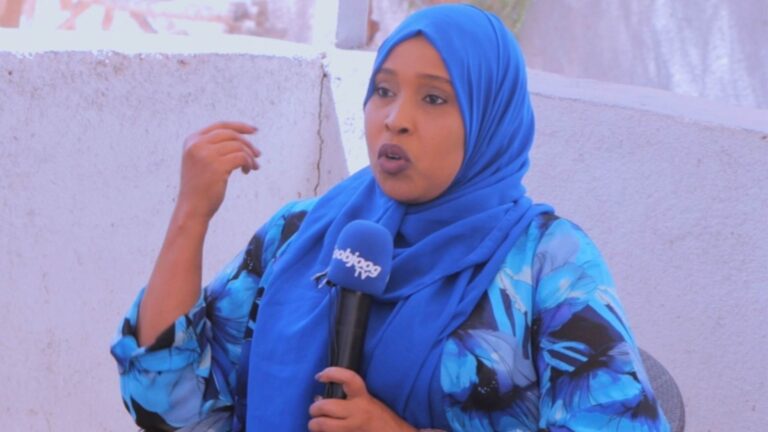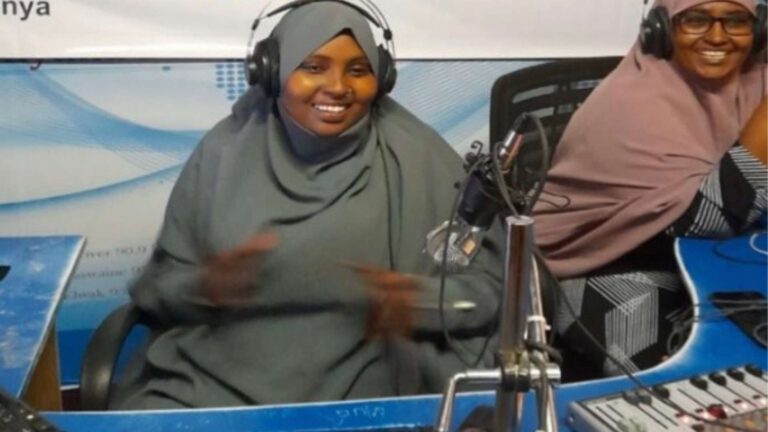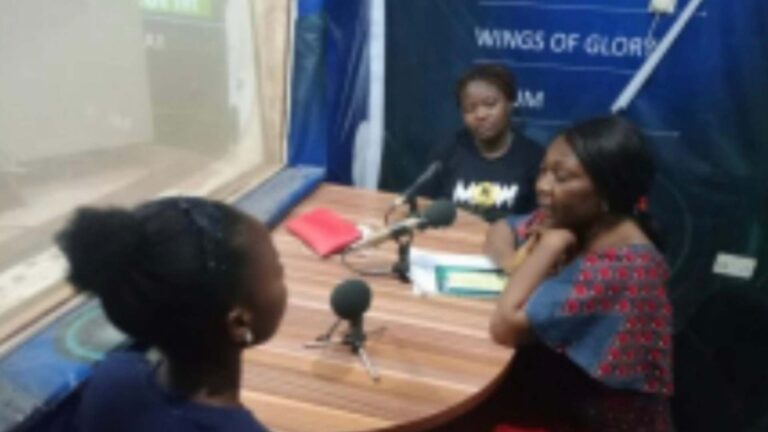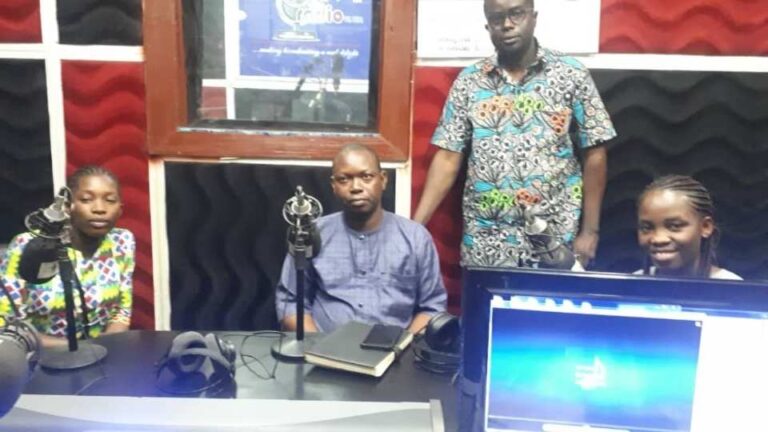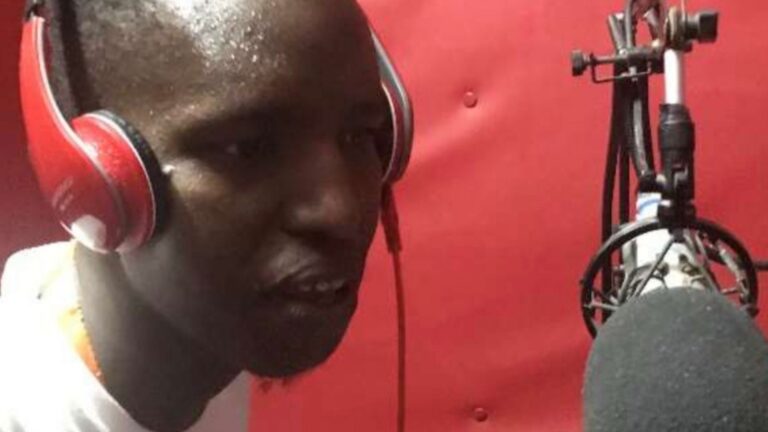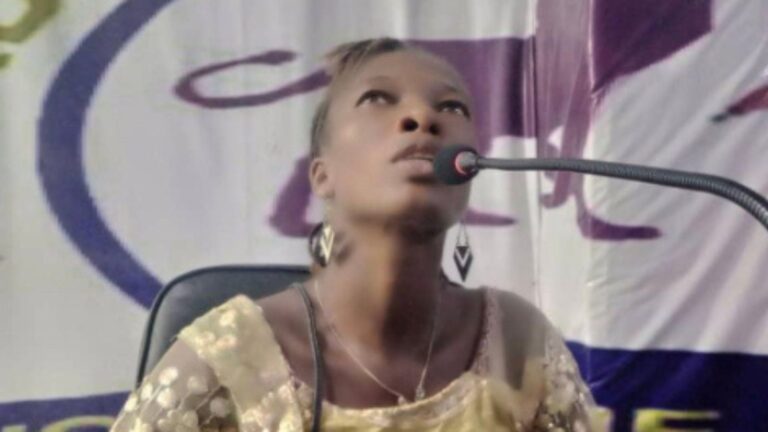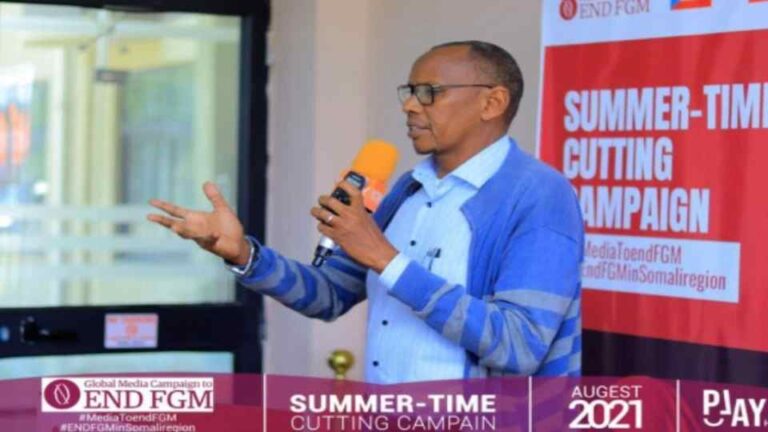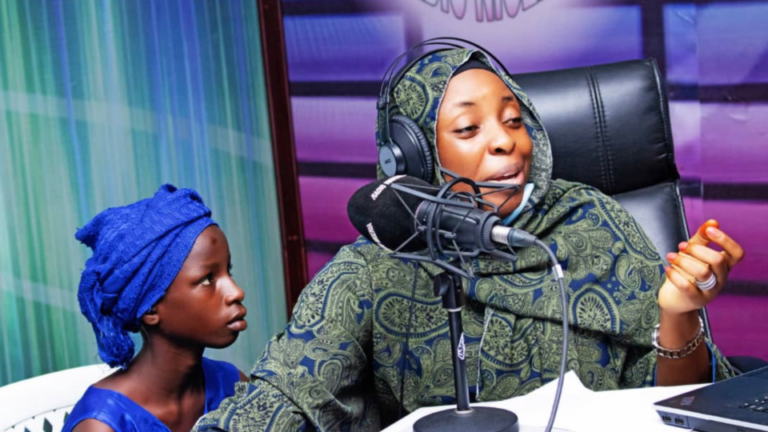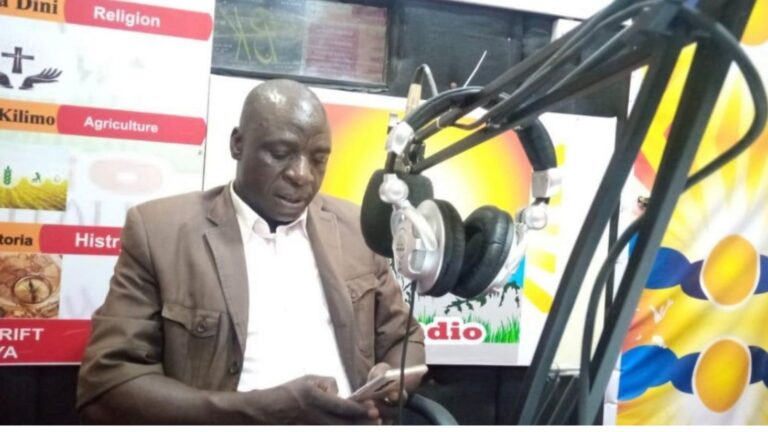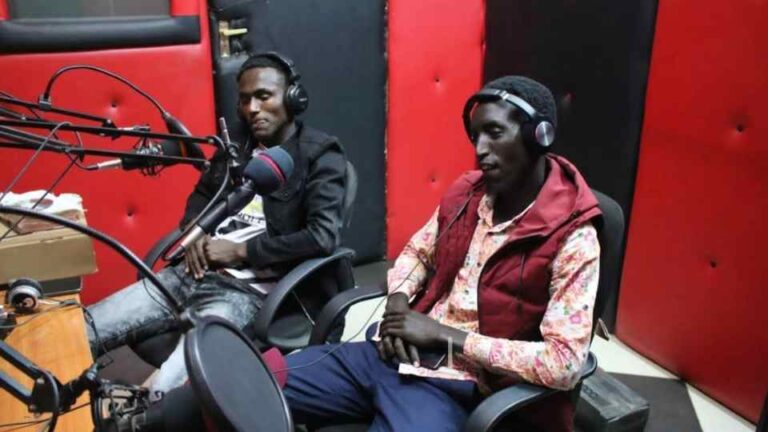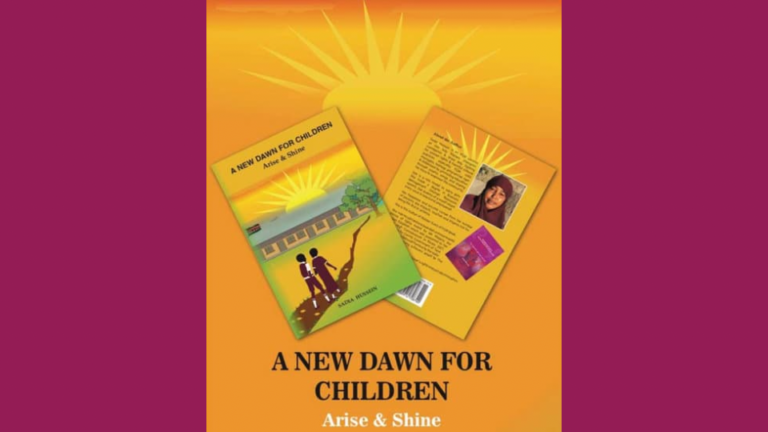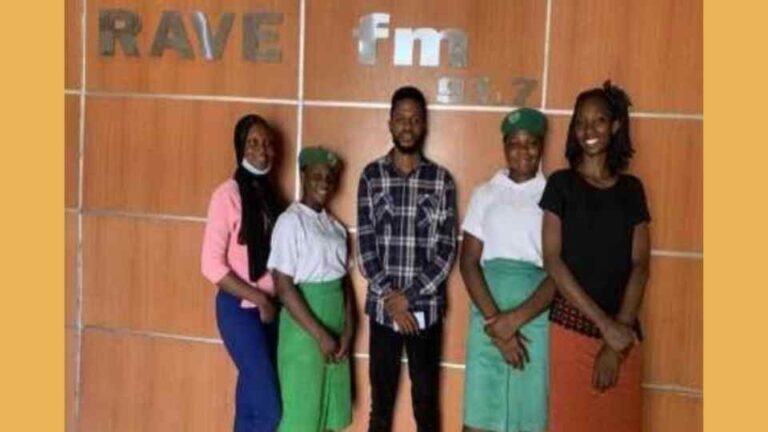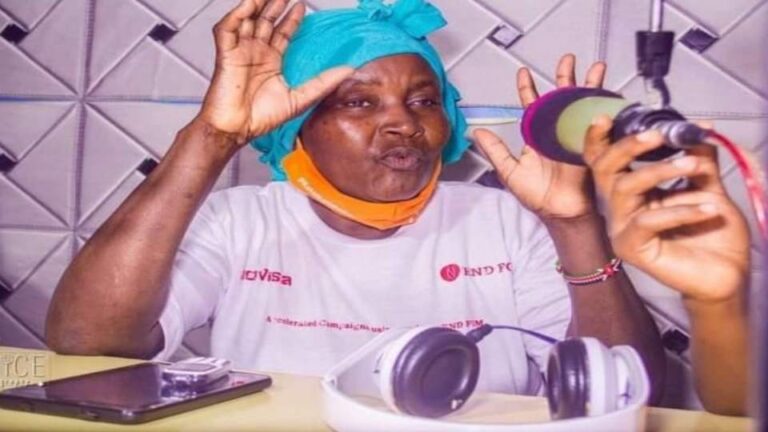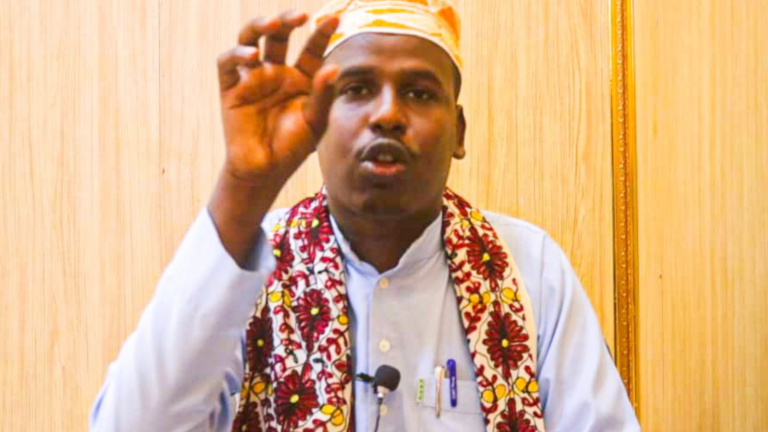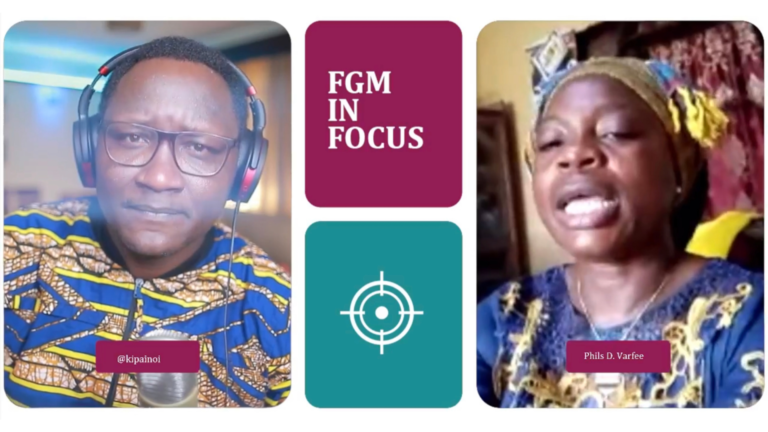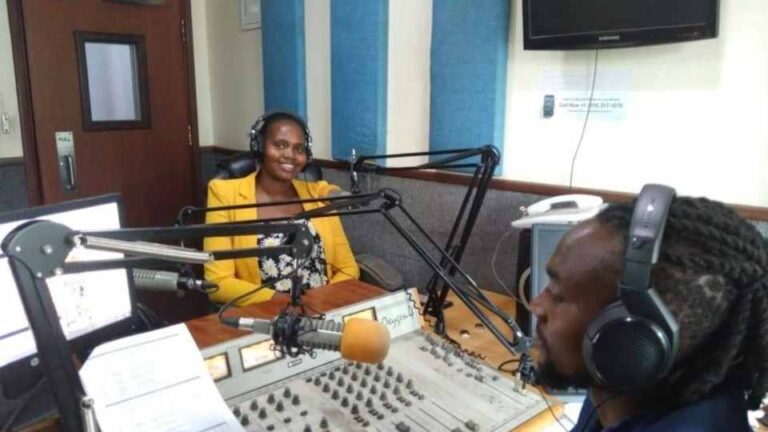By Ali Mohamed
Ali Mohamed is an anti-FGM campaigner who is raising awareness in Qanjara region, Kenya. His radio show hosted Islamic leaders who state that FGM is not a religious practice but a cultural one and it must end.
Media project
The project is to sensitize the public against female genital mutilation (FGM) through the media. We have engaged survivors, religious leaders, and traditional elders from the community. we engaged the different groups so that they can explain to the community the dangers involved in doing FGM to girls.
The religious group was involved so as to explicitly explain FGM from an Islamic point of view and that it’s a cultural practice and not a religious one and finally the elders and the administration will sensitize the public on the government stand against FGM and showing their support so that other can follow the same.
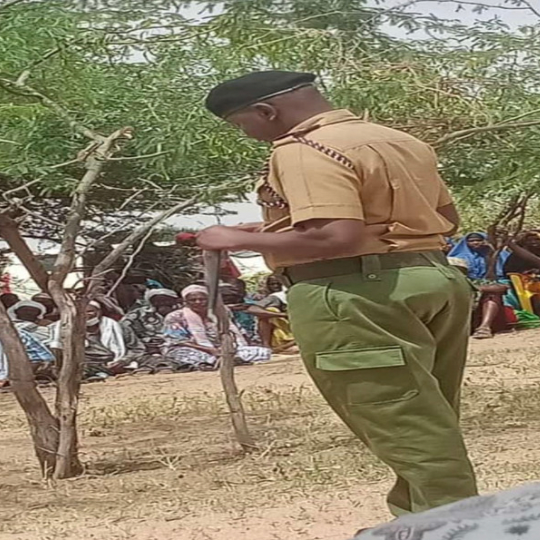
Project Success
The media project was successful as it engaged the community through the local language. The community contribution during the talk show was lively and participatory.
Difficulties Encountered
There are some challenges that include-:
- The radio airtime was limited to allow full participation of listeners as it was a one-time event.
- The old members of the community especially the mothers who perform the infibulation were still not willing to participate
- Lack of banners, information, and education materials IEC materials to distribute to the public
- Lack of transport to reach the rural villages for sensitization
- Lack of public address systems to sensitize the community
The strong messages that came out of the media project
People are willing to talk and participate in the FGM talk show
Unexpected Wins; Challenges whilst carrying out this project
Female Survivors willing to tell their story through the radio
Impact
The major impact is to reach the target population of nearly 100,000 listeners, who are majority pastoralists and the highest FGM practicing populations through media.
Linkages
The linkage established is between local community elders, religious leaders administration, and community speaking one voice against FGM
Next time…
- Have more media sessions to reach more people.
- Have a regular aired message to the listeners
- Carry out sensitization messages through community engagement and meetings
- Conduct community dialogue sessions and give the community opportunity to discuss the FGM.
- Involve and persuade more FGM survivors to participate in the sessions
- Have sessions at the schools with the older girls who at risk of FGM and strengthen knowledge and belief on FGM. The reason being the girls are given incorrect information to persuade them to FGM example is that “their prayers will not be accepted if they are not circumcised”


